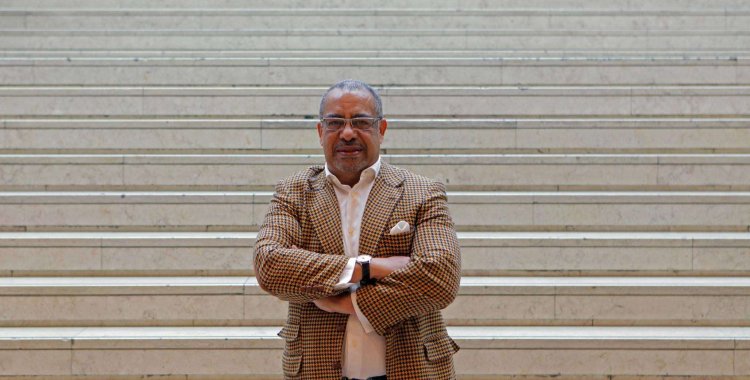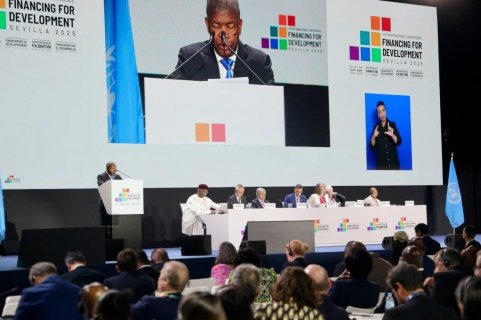In statements to Lusa following the announcement of an agreement between China and several emerging countries for a moratorium on the payment of debts to China, with no confirmation on whether Angola is included or not, Carlos Rosado de Carvalho suggested the possibility of a new budget, but warned that "there will be very violent cuts if Angola fails to negotiate with China on the payment of the debt.
The payment of the debt to China under the current revised General State Budget (OGE) this year "is not feasible," he said.
"By my accounts, the budget has an implicit moratorium of 3.7 billion dollars, more or less, so if there is no such moratorium, I don't know where Angola will get the money, the revised budget as it stands is not feasible," he stressed.
The analyst's statements came in the week the Financial Times reported that China had reached an agreement with half of the 20 countries that requested a postponement of debt payments under the Debt Service Suspension Initiative (DSSI), though without specifying which countries and without detailing whether or not Angola is one of them.
"Angola has received about one-third of all Chinese loans to Africa, and it has by far the most to gain from the DSSI, as about 2.6 billion dollars in payments this year could be frozen, representing 3.1 percent of GDP, according to the World Bank," reads the Financial Times article.
For Carlos Rosado de Carvalho, "if there is no agreement with China, the government will have to make a new budget with very violent cuts on spending".
Angola, he continued, "does not have access to markets, so Chinese financing is fundamental for Angola, otherwise it is very complicated because we do not have access to markets".
Asked if there is still room for maneuvers to cut the budget, the economist said that in the current budget no major cuts have been made, and argued that reducing state spending would imply "cuts to hurt" in areas such as investments and services.
"There is not much room for maneuver, wages are a fixed expense, and it would certainly be at the level of investment, there could be a greater cut also in goods and services, except perhaps spending on health, but it would be that way," he pointed out.
Last week, the financial rating agency Fitch Ratings considered that Angola would be the country most benefited by a possible extension of the G20 DSSI, and could 'save' 4.3 per cent of GDP just this year.
DSSI is a G20 initiative with support from the World Bank and IMF that foresees a moratorium on debt payments to the most fragile nations, which could then channel these funds to combat more effectively the spread of the covid-19 pandemic.
So far, more than 40 countries, including the Lusophone Cape Verdeans, São Tomé and Príncipe, and Angola, have asked to participate in this initiative, which does not cover debt to private creditors, which would have to be treated separately.
In the rating review report at the beginning of August, Standard & Poor's calculated that Angola owed China around 21 billion dollars, so a restructuring of this debt would be a significant help given the almost 20 billion dollars in debt payments that the country has to make between 2020 and 2022.
Angola is also seeking to increase the amount of financial aid provided by the International Monetary Fund, adding 730 million dollars to the 3.7 billion dollars already agreed at the end of 2018.
According to Eurasia, relations between the IMF and Angola are "very stable under the presidency of João Lourenço, who sees the financial aid program as the most sustainable way to sustain growth and economic reforms".
According to the consultant's accounts, Angola owes about 22 billion dollars to China in loans from two large banks, the China Export and Import Bank (Exim Bank) and the China Development Bank (BDC), in addition to the commercial bank ICBC, and there are reports that negotiations with the BDC are advanced, unlike negotiations with the Exim Bank.







